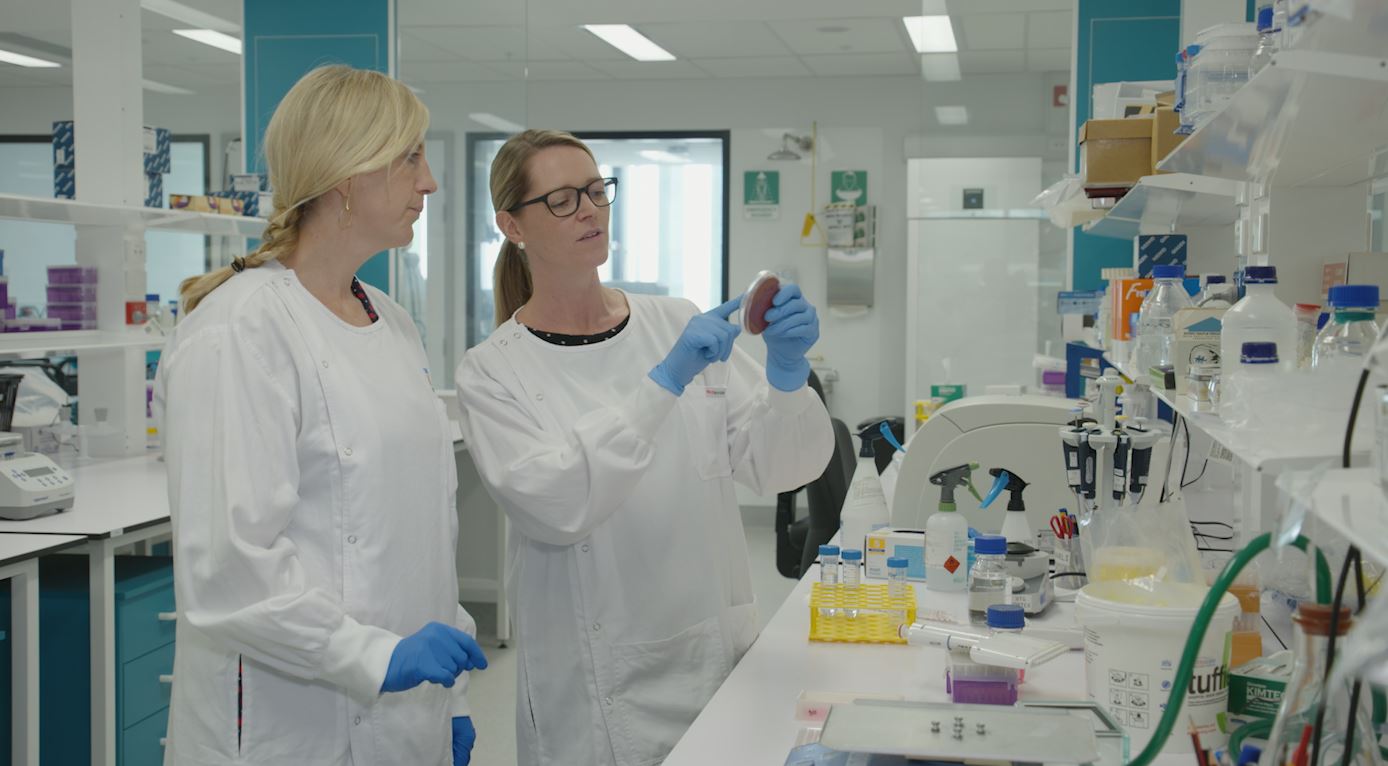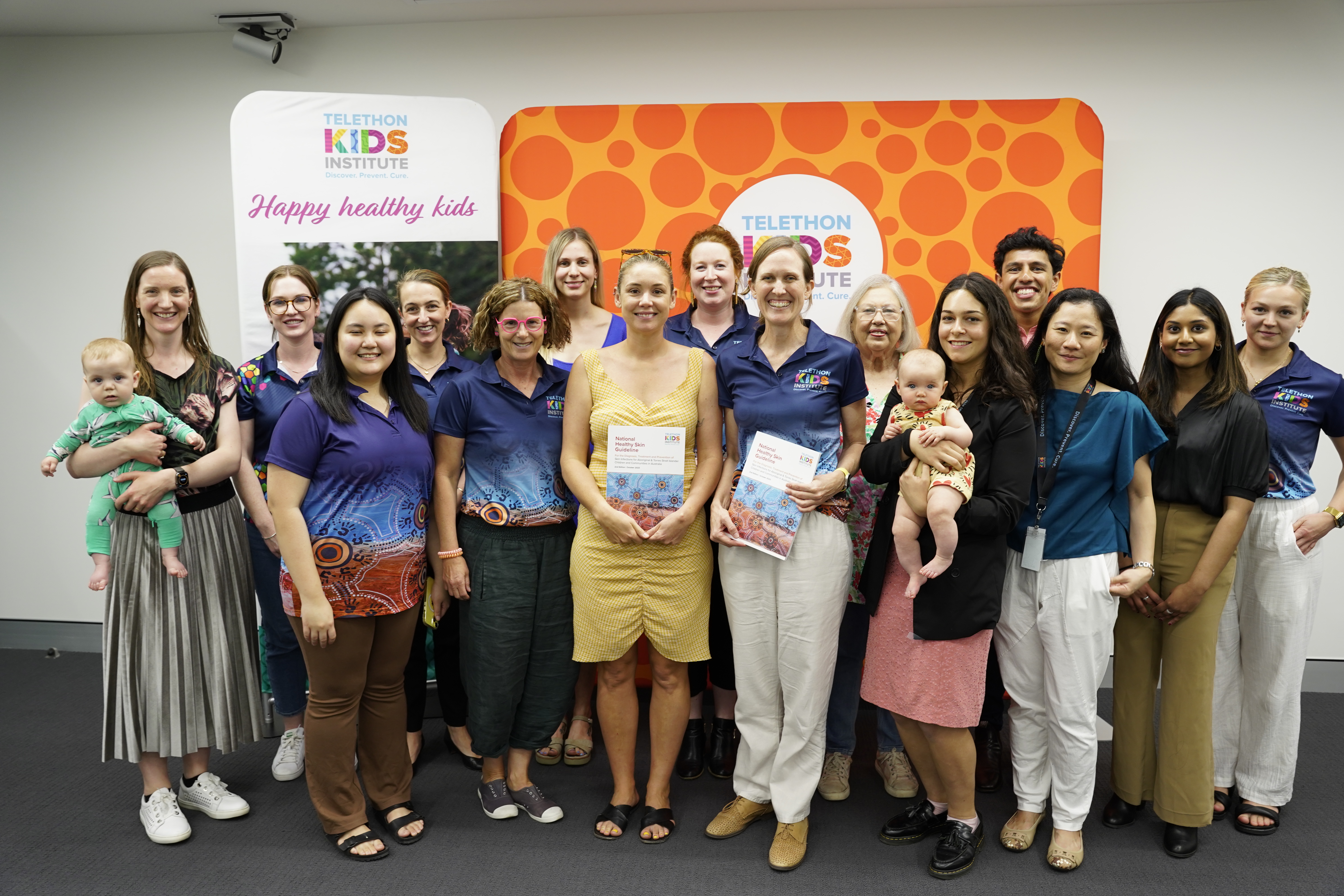Search

The year that was 2025!
Highlights from the VTG Laboratory in 2025
Conference presentations in 2025
COVID-19 Research Update
RSV Update
Latest news & events at the Wesfarmers Centre of Vaccines & Infectious Diseases.

News & Events
Friendly bacteria reduces flu symptoms and ear infections in miceResearch reveals that friendly bacteria may help reduce flu symptoms, offering new insights into potential treatments and enhancing our understanding of immune health.

News & Events
National-first RSV immunisation program welcomed by The Kids Research Institute AustraliaThe Kids Research Institute welcomes WA's $11M RSV immunisation program, offering free Nirsevimab to infants, aiming to reduce winter hospitalisations.

News & Events
Study finds high RSV awareness with parents open to future immunisationA The Kids Research Institute Australia study designed to gauge community awareness of respiratory syncytial virus (RSV) has found parents and parents-to-be are highly aware of the virus and are open to immunisation to tackle it.

News & Events
New healthy skin guide for health sector to identify and treat skin issuesA new National Healthy Skin Guideline has been launched by The Kids Research Institute Australia, to help health care providers identify, diagnose and treat a range of skin conditions experienced by Aboriginal and Torres Strait Islander people in urban and remote areas.
